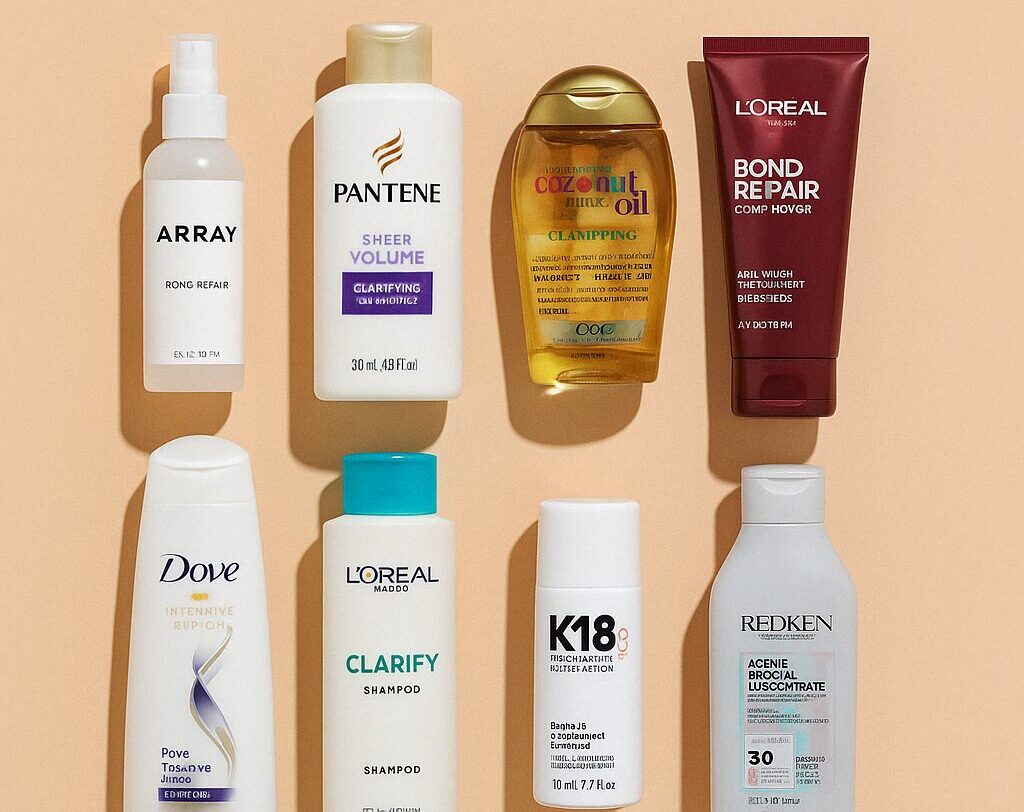This festive season, a marked increase in sales for wellness products, specifically, a 30 per cent increase has been observed compared to previous years. The Ayurvedic and nutraceutical sectors are showcasing significant growth, and many predict these figures could continue to rise as celebrations continue.
A closer look at the customer behaviours reveals a shift towards self-care and thoughtful gifting which has fanned this surge in wellness product sales. Customers are gravitating towards healthier choices in categories like organic skincare, supplements and personal care products, making wellness one of the top-performing industries over the festive period.
The nutraceuticals and ayurvedic products sector is driving a substantial part of this growth in the wellness industry. Popular products riding the wave include multivitamins, immune boosting supplements and protein supplements. The major consumers of these are younger people between the ages of 18 and 24, a demographic that is increasingly becoming more health conscious.
Another important factor shaping this trend has been the COVID-19 pandemic. It has enhanced awareness about immune health and the importance of maintaining a healthy immune system. As a result, there is a high demand for immunity-boosting supplements. Simultaneously, social media influence has played a role in popularising beauty-focused supplements like collagen and biotin, especially among younger audiences aiming to maintain their looks as well as overall wellness.
Speaking about skincare and hair care products, there has been an increased demand for products containing organic and natural ingredients. This surge is due to the shift in consumer behaviour towards holistic and Ayurvedic solutions, particularly during the festive season. Gen Z consumers demonstrate preference towards natural beauty treatments and long-term wellness solutions, highlighting clean beauty products that can be integrated into their self-care routines.
Ayurvedic skincare solutions specifically are gaining popularity, driven by the rise of self-care culture and a desire for sustainable forms of treatments rooted in nature. This lines up with the general consumer behaviour where wellness items are perceived as essential presents for friends and family, especially during festive periods.
The shift towards more intentional gifting is another trend shaping this season. Gen Z appears more inclined to give health-conscious and meaningful presents rather than sticking to traditional options. Furthermore, the younger demographic, especially those aged between 18 to 24, like supplements such as immunity boosters, multivitamins and protein powders.
A contributing factor towards this wellness-spending surge is the increasing influence of direct-to-consumer (D2C) companies. These brands are diversifying their product range, meeting a vast array of customer needs and preferences while making wellness products more accessible and affordable to younger consumers.
Interestingly, there are notable differences in supplement preferences between men and women. Men tend to opt for protein supplements, performance enhancers and muscle recovery products more, whereas women seem to lean towards beauty supplements, hormonal balance supplements and products focusing on skin and hair health.
While many young people are buying supplements to enhance their looks, wellness centric supplements are also in demand. The motivation for these purchases lands into two camps. Roughly 60% of supplement sales in this age group are driven by the ambition to improve physical appearance, while the rest is centered on general wellness, including aspects like immunity and digestion.
Brands that cater to this growing need for natural and holistic wellness products are reaping the benefits. Examples include Wellversed, Kapiva, PlixLife, and MuscleBlaze which offer products like collagen supplements, plant-based protein powders and Ayurvedic immunity boosters. These brands are favoured by younger consumers, displaying the growing desire for natural and holistic wellness methods.





